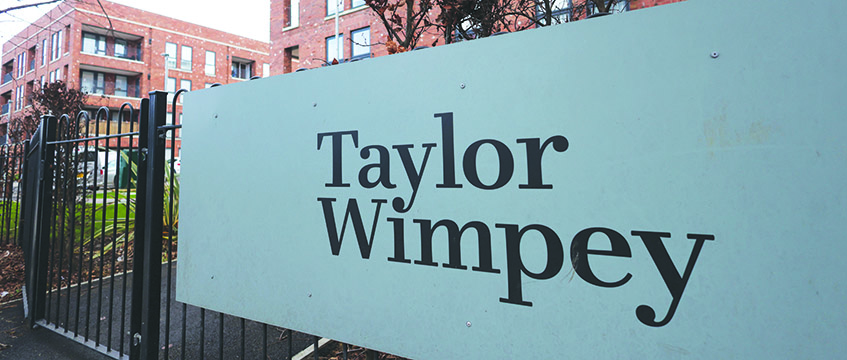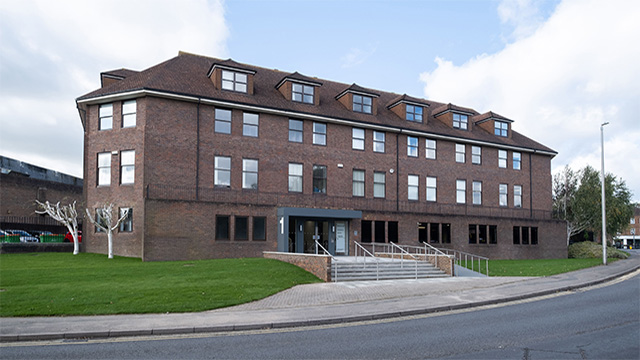Pesticcio v Huet and others
Pill, Mummery and Jacob LJJ
Undue influence — Deed of gift of house by brother to sister — Relationship of trust and confidence found to exist — Presumption of undue influence — Burden of proof — Whether involvement of solicitor rebutting presumption — Appeal dismissed
The appellant was the sister of the respondent, who suffered from various mental and physical disadvantages and was therefore of significantly lower-than-average intelligence and understanding. The respondent lived in a nursing home, but owned a house that he had inherited from his mother. At the request of the appellant, a solicitor, T, met with the respondent on several occasions, and took instructions from him regarding the making of a will and the granting of a power of attorney to the appellant. These instructions were subsequently executed. Following further meetings, the respondent made a deed of gift of the house in favour of the appellant.
One of the respondent’s brothers, acting as his litigation friend, subsequently brought proceedings against the appellant with the aim of setting aside the deed of gift on the ground of undue influence. The judge found that: (i) the respondent had placed trust and confidence in the appellant and had put his financial affairs under her control; (ii) there was no satisfactory explanation for the deed of gift; and (iii) the respondent had not obtained independent legal advice from T on the deed of gift, which would have freed him from the presumed undue influence of the appellant. The judge considered that T’s advice to the respondent had been flawed, in that, inter alia, she had failed to: (i) explain to him what his options were; (ii) point out the disadvantage to him of giving the house to the appellant without imposing upon her any legal obligations; or (iii) consider whether the respondent might be under any undue influence. On those findings, the judge declared the deed of gift void.
Undue influence — Deed of gift of house by brother to sister — Relationship of trust and confidence found to exist — Presumption of undue influence — Burden of proof — Whether involvement of solicitor rebutting presumption — Appeal dismissed
The appellant was the sister of the respondent, who suffered from various mental and physical disadvantages and was therefore of significantly lower-than-average intelligence and understanding. The respondent lived in a nursing home, but owned a house that he had inherited from his mother. At the request of the appellant, a solicitor, T, met with the respondent on several occasions, and took instructions from him regarding the making of a will and the granting of a power of attorney to the appellant. These instructions were subsequently executed. Following further meetings, the respondent made a deed of gift of the house in favour of the appellant.
One of the respondent’s brothers, acting as his litigation friend, subsequently brought proceedings against the appellant with the aim of setting aside the deed of gift on the ground of undue influence. The judge found that: (i) the respondent had placed trust and confidence in the appellant and had put his financial affairs under her control; (ii) there was no satisfactory explanation for the deed of gift; and (iii) the respondent had not obtained independent legal advice from T on the deed of gift, which would have freed him from the presumed undue influence of the appellant. The judge considered that T’s advice to the respondent had been flawed, in that, inter alia, she had failed to: (i) explain to him what his options were; (ii) point out the disadvantage to him of giving the house to the appellant without imposing upon her any legal obligations; or (iii) consider whether the respondent might be under any undue influence. On those findings, the judge declared the deed of gift void.
The appellant appealed. She contended that the judge had erred in law by: (i) overstating the evidential burden upon her and requiring her to prove that she had not used undue influence; and (ii) failing to give proper weight to the fact that the respondent had been advised by his own solicitor, namely T, prior to entering into the deed of gift. She stressed that no wrongdoing on her part had been alleged.
Held: The appeal was dismissed.
1. The judge had correctly directed himself on the law and its application to the facts found by him. The basis of the court’s intervention in undue influence cases was not the commission of a dishonest or wrongful act, but that, as a matter of public policy, the presumed influence arising from the relationship of trust and confidence should not operate to the disadvantage of the victim, if the transaction could not be satisfactorily explained by ordinary motives: Allcard v Skinner (1887) 36 ChD 145 applied. The court would scrutinise the circumstances in which the transaction took place and the nature of the continuing relationship between the parties, rather than any specific act or conduct on the part of the recipient. A transaction could be set aside even though the person who benefited from it could not be criticised as wrongful. The presumption arising from the trust and confidence of the sibling relationship made it unnecessary for the respondent to prove that the appellant actually did have influence over him in relation to the gift of the house, or that she had applied improper pressure upon him. Whether or not the appellant’s conduct could be described as wrongful, the requirement of the doctrine of undue influence was that it had to be affirmatively established that the donor’s trust and confidence in the donee had not been betrayed or abused: Hammond v Osborn [2002] WTLR 1125 applied.
2. Although the presumption of undue influence could be rebutted by showing that the transaction was entered into after its nature and effect had been fully explained to the donor by an independent, fully-qualified person, the participation of a solicitor was not a precaution that was guaranteed to work in all cases: Inche Noriah v Omar [1929] AC 127 considered. It was necessary for the court to be satisfied that the advice and explanation of the solicitor had been sufficiently relevant and effective to free the donor from the impairment of his free will, and to give him the necessary independence of judgment and freedom to make choices with a full appreciation of what he was doing. The judge had been entitled to find that T’s role had been wanting in those respects.
Bryan Thomas (instructed by North & Nam, of Cardiff) appeared for the appellant; Jeffrey Littman (instructed by Charles Crooke & Jones, of Cardiff) appeared for the respondent.
Sally Dobson, barrister










